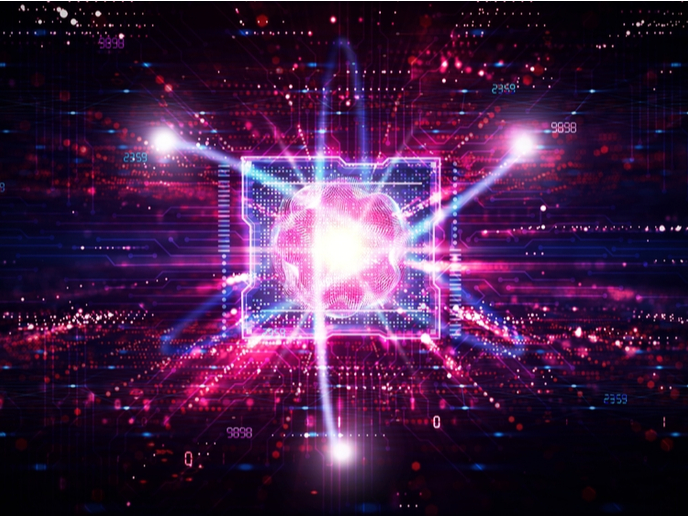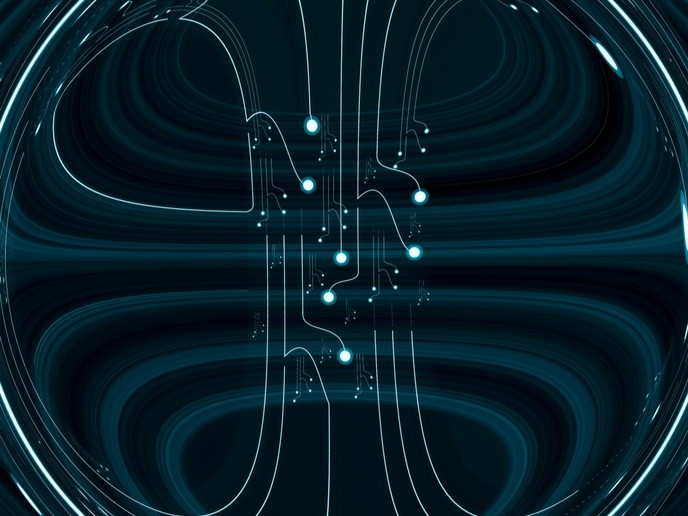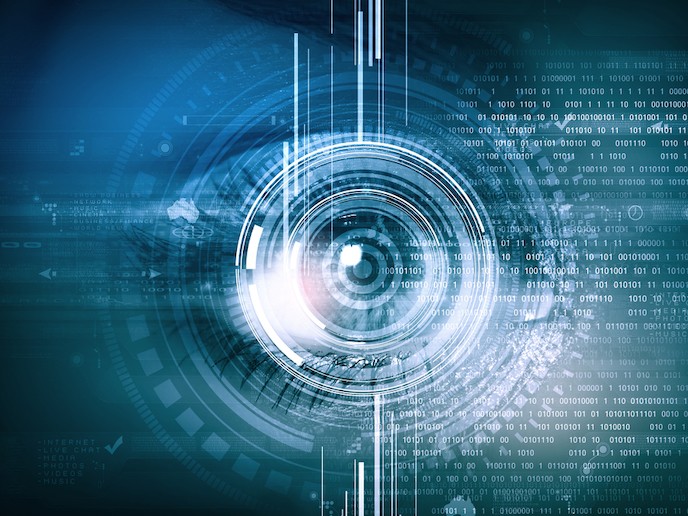Fault tolerant quantum computing
Current developments in quantum physics demonstrate in an impressive way its technological potential. In quantum computation the weird logic of the quantum world can be exploited for solving complex computational problems more efficiently than any other means. However, the realisation of the quantum computer remains a challenge, since they are prone to errors. Consequently, the EDIQIP project received funding from the Information Society Technologies Programme to address the influence of random noise errors and static imperfections in quantum gates. Logic gates operating on quantum bits, the quantum analogue of classical bits of information, are easily affected by their interactions with an uncontrollable environment. The accuracy of quantum computations is further influenced by the presence of residual static couplings between quantum bits. To protect quantum information processing against such undesirable influences, powerful methods of error correction have been developed over the past few years. These have concentrated predominantly on decoherence caused by parasitic couplings of a quantum information processor with its environment. The error correction method which was developed by EDIQIP project partners is more general, in the sense that it can also correct errors originating from coupling between quantum bits. It is based on the repeated random application of Pauli operators to all the quantum bits to be processed. The resulting random changes together with appropriate compensating changes of the quantum logic gates slow down the rapid decay of the gates' fidelity. As a result, this Pauli random error correction (PAREC) method significantly increases the maximum time scale of reliable quantum computations. Furthermore, in contrast to conventional error correcting methods which exploit redundancy, the PAREC method does not require any extra qubits as the available qubits are used in an optimal way.







